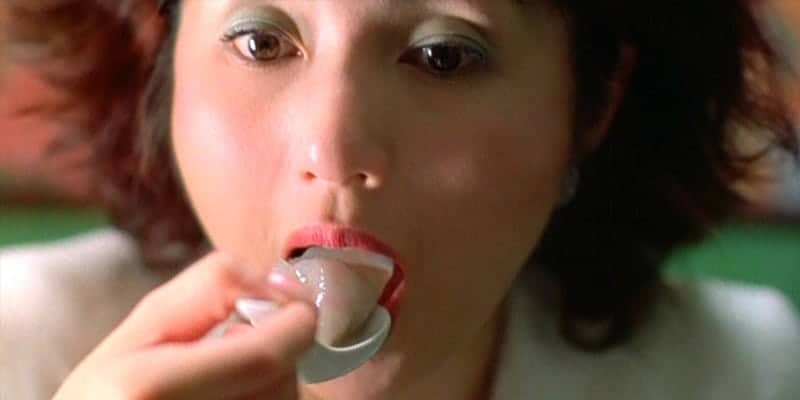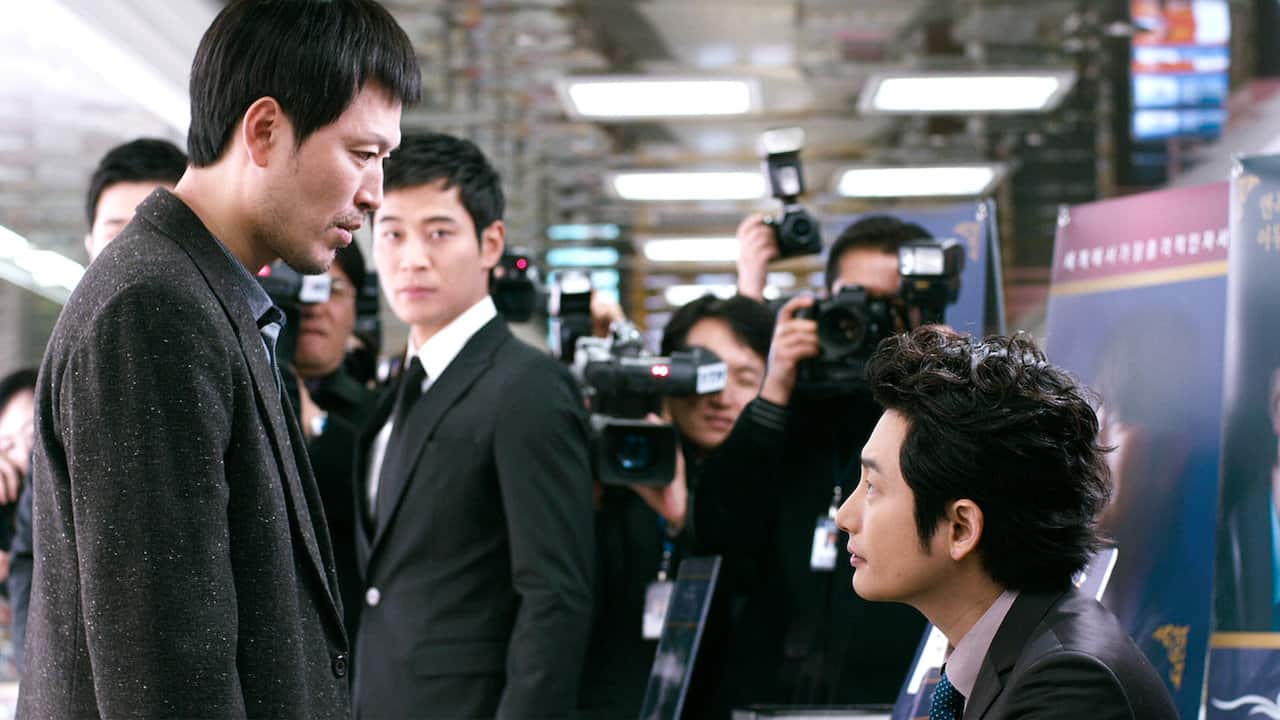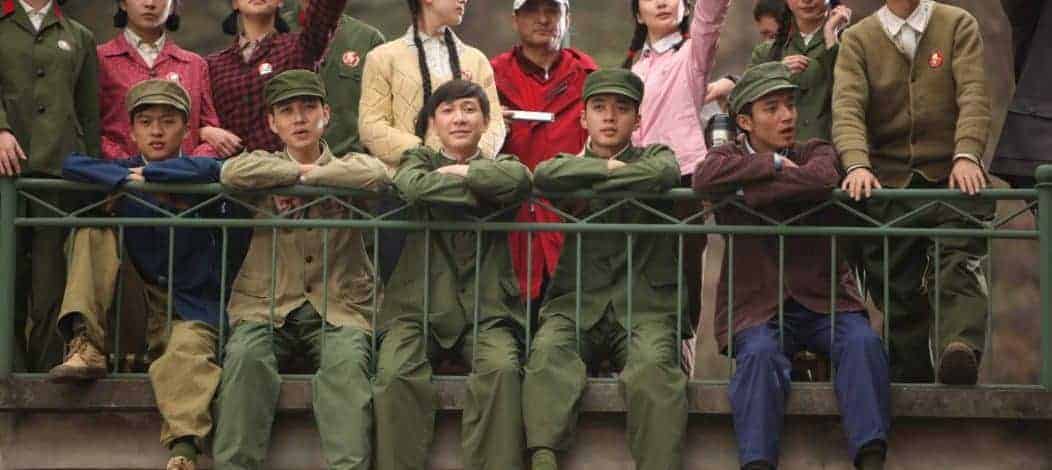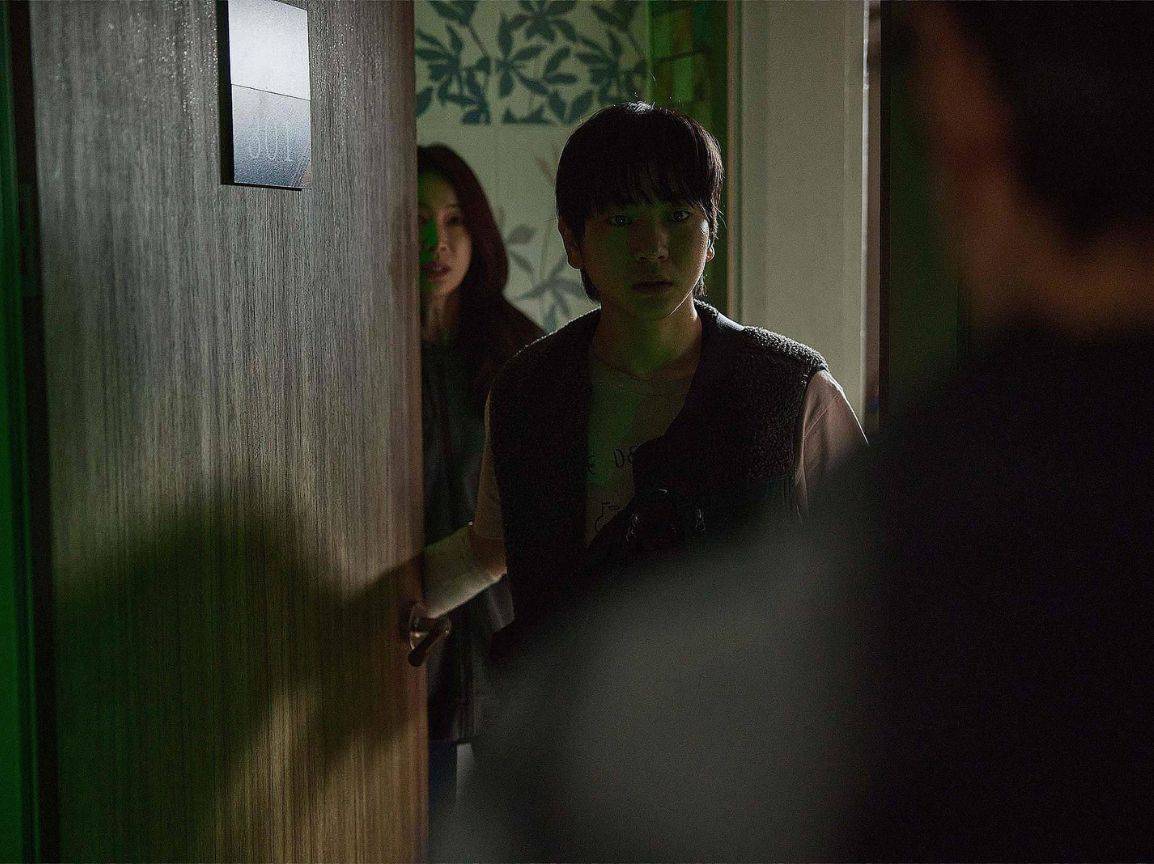Before becoming a full feature, “Dumplings” was a short film, part of a great horror trilogy titled “Three… Extremes”, which, apart from Fruit Chan's, also included Takashi Miike's and Park Chan-wook's efforts.
Buy This Title

The story revolves around two women. Retired actress Mrs Li wants to become young and beautiful again, in order to draw her husband's sexual interest back to her, who, unbeknownst to her, keeps a mistress. Her efforts bring her to the second focal woman, Aunt Mei, a mysterious individual who claims to be much older than she appears, and offers dumplings that supposedly bring back youth and sexual vigor, to her overpaying customers. Mrs Li soon sees the benefits of her new diet, but is totally appalled when she realizes that Aunt Mei uses aborted fetuses to staff her dumplings. The repercussions of eating them and the ways Aunt Mei goes about her practice comprise the rest of the narrative.
Fruit Chan here does exactly what he does best: he uses genre elements, in this case those of the erotic thriller, to make a number of sociopolitical comments, others through metaphor, and others more directly. The metaphor, once more, has to do with Hong Kong, which, just like Mrs Li, desperately tries to retain what its inhabitants consider the good times of the past (meaning the British rule) and the extremes they are willing to reach to achieve just that.
The more obvious aspect revolves around the role of women in society, who, as again Mrs Li presents, are judged just by the way they look, essentially functioning as options for the dominant men to pick. That Mrs Li, a famous actress, was forced to retire as soon as she got married and “old” is a testament to this comment, with the fact that Miriam Yeung, who gives a great performance as Mrs Li, still looks quite beautiful, also moving towards the same direction.

Apart from the contextual aspect, “Dumplings” also thrives on aesthetics. Christopher Doyle does an excellent job in the cinematography, equally capturing Bai-ling's (who also gives a great performance as Aunt Mei) permeating sensualism, the horribleness of the in-house abortion and its aftermath, and the dreadfulness of eating unborn babies. In that last regard, the film benefits the most by the use of sound, particularly in the eating scenes, which are horrendous most of the time, while Kwong Wing Chan's music and particularly those ominous few notes will definitely stay on mind.
The feature edition of “Dumplings” extended a few erotic scenes, added another, and allowed the interaction of Aunt Mei and Mrs Li's husband, but the main comments remained as did the artistic value of the film. In that fashion, I feel that the short version does not have much to “be jealous of” and remains a great title by itself.















